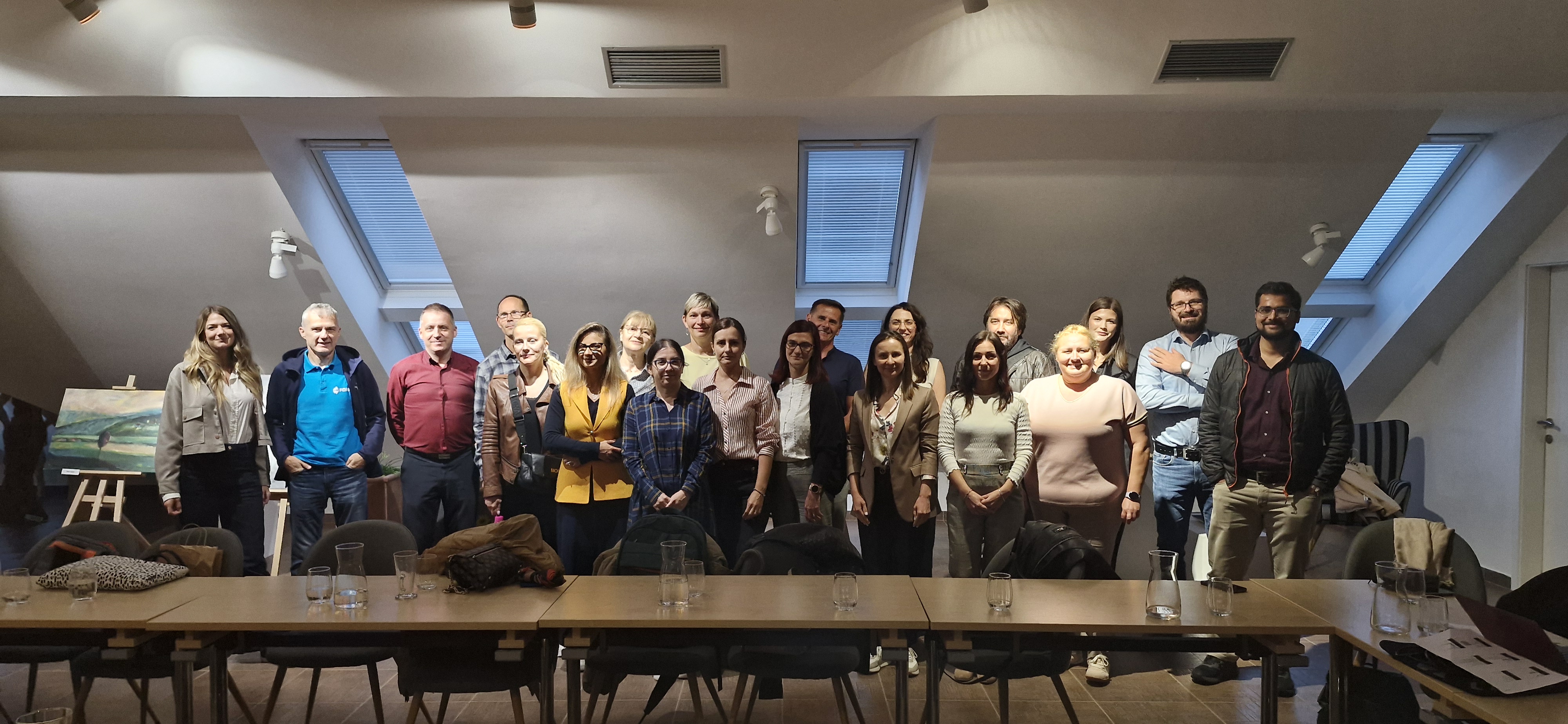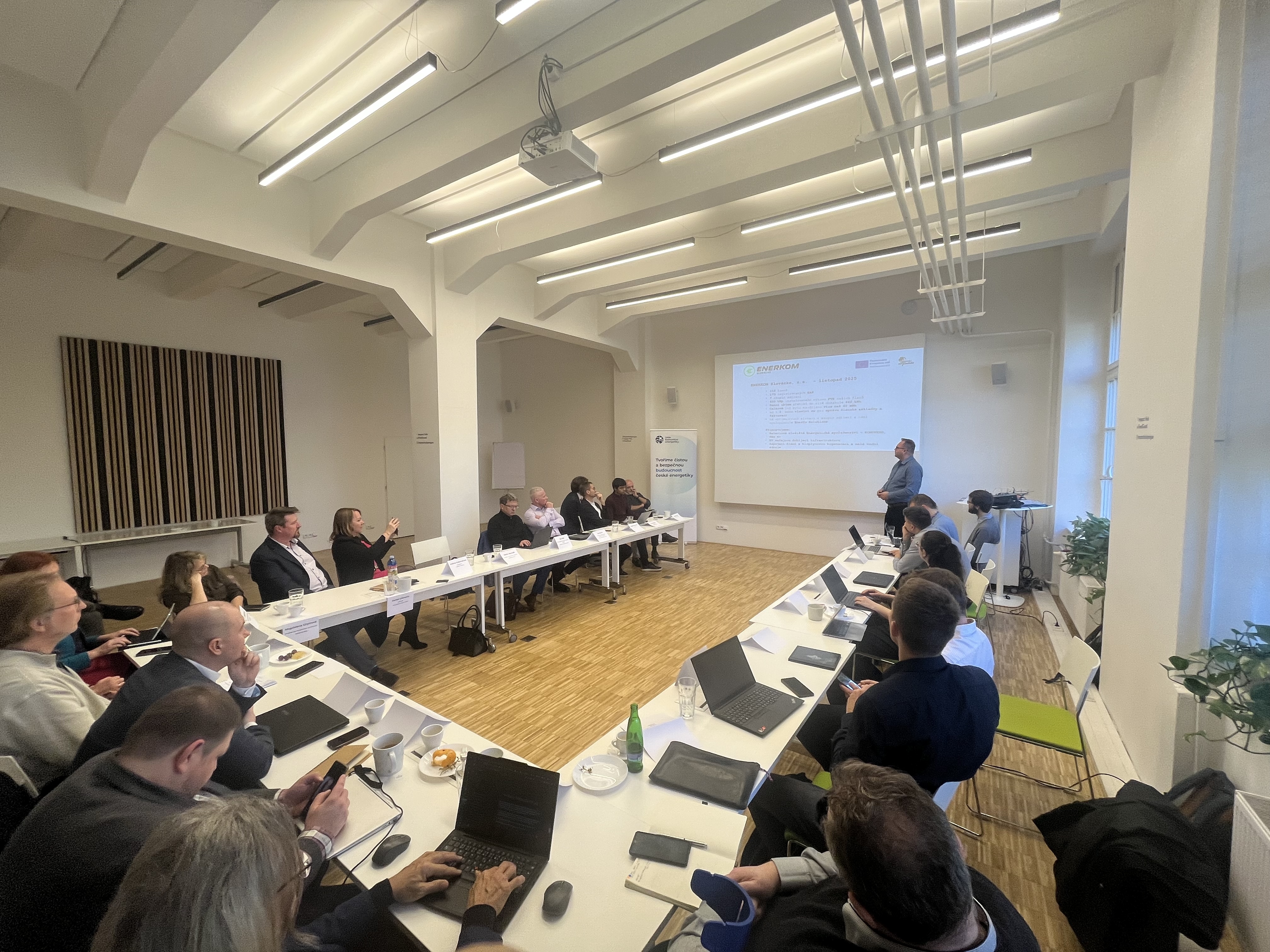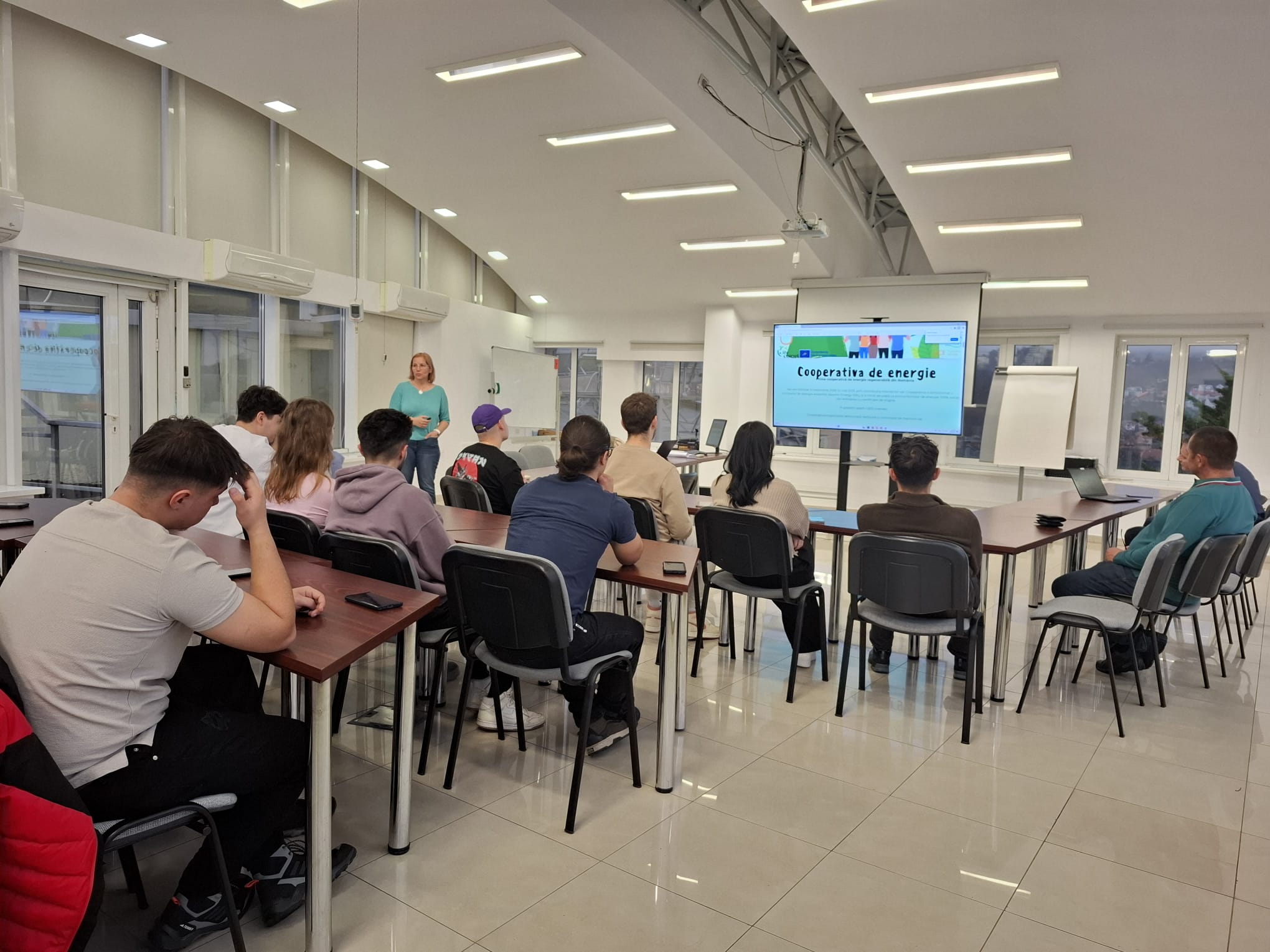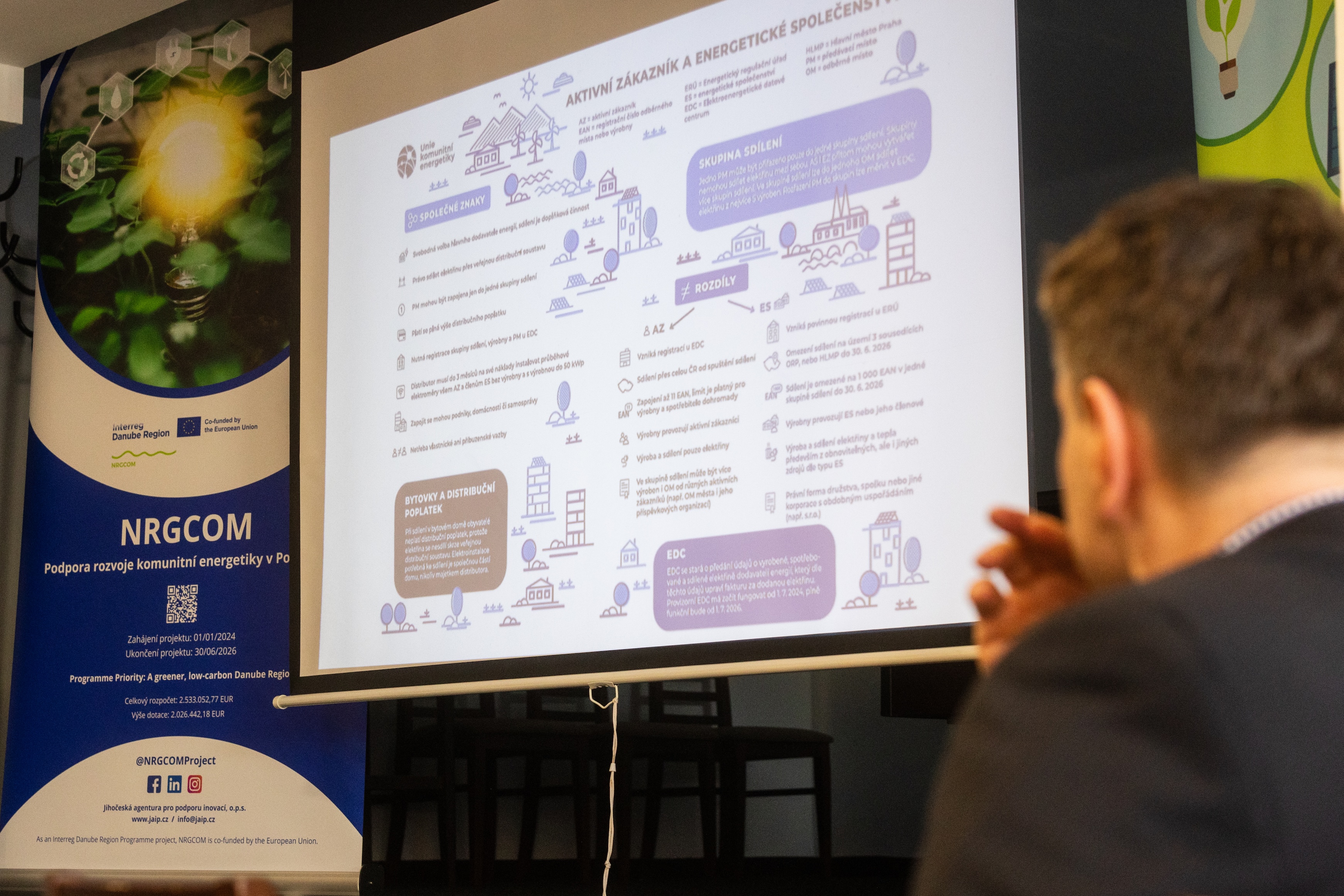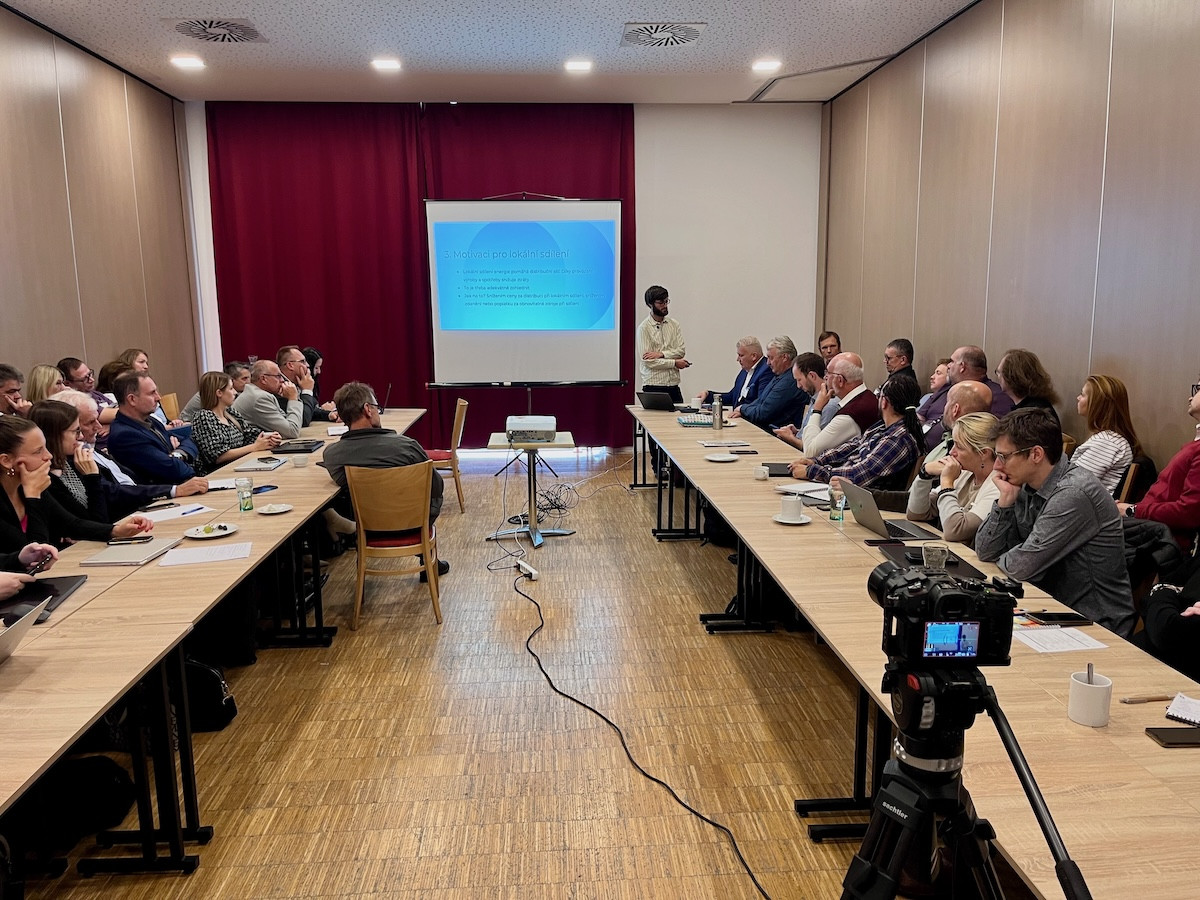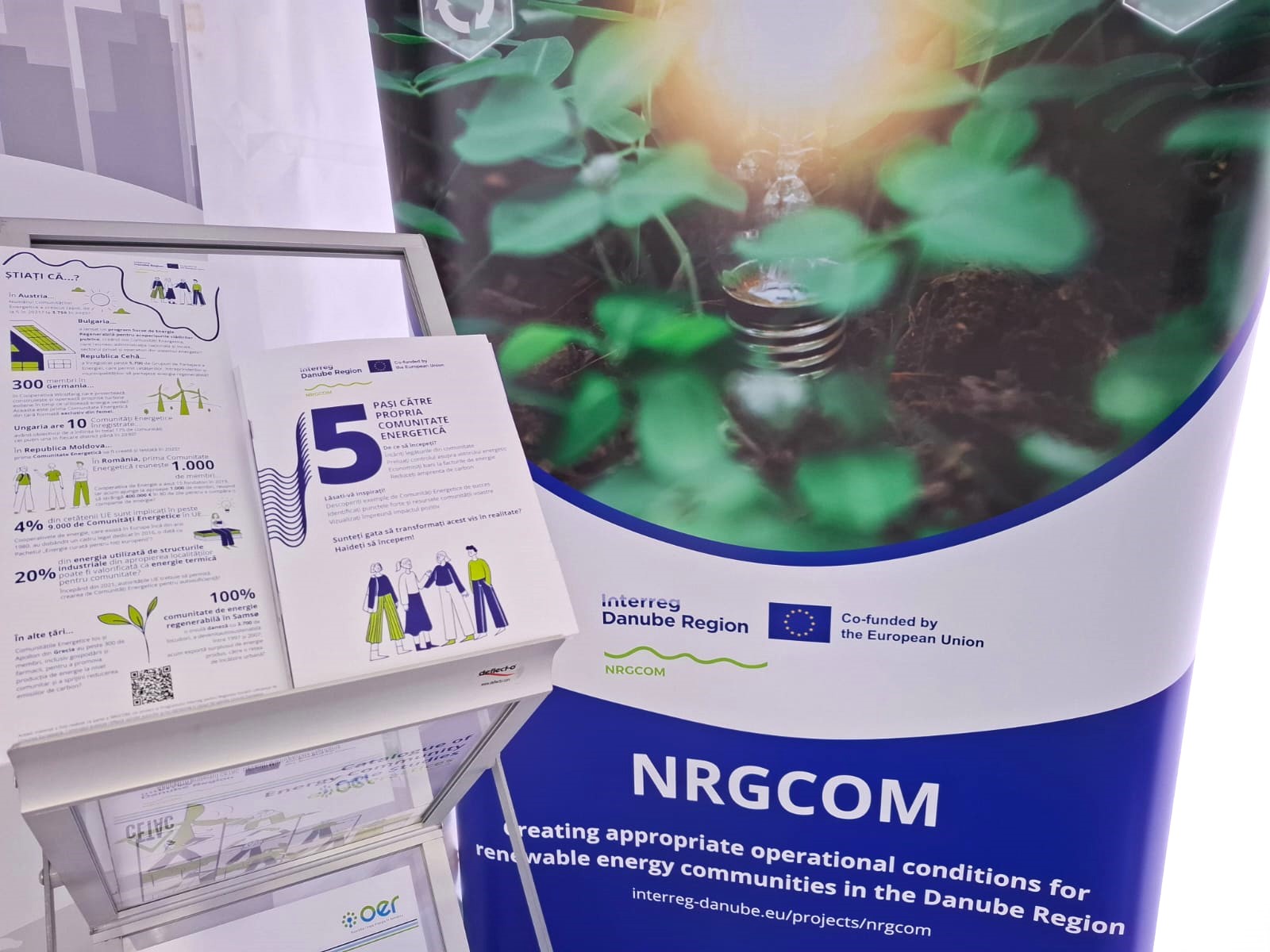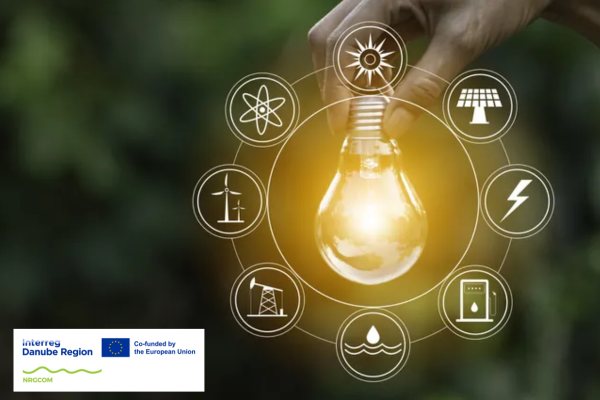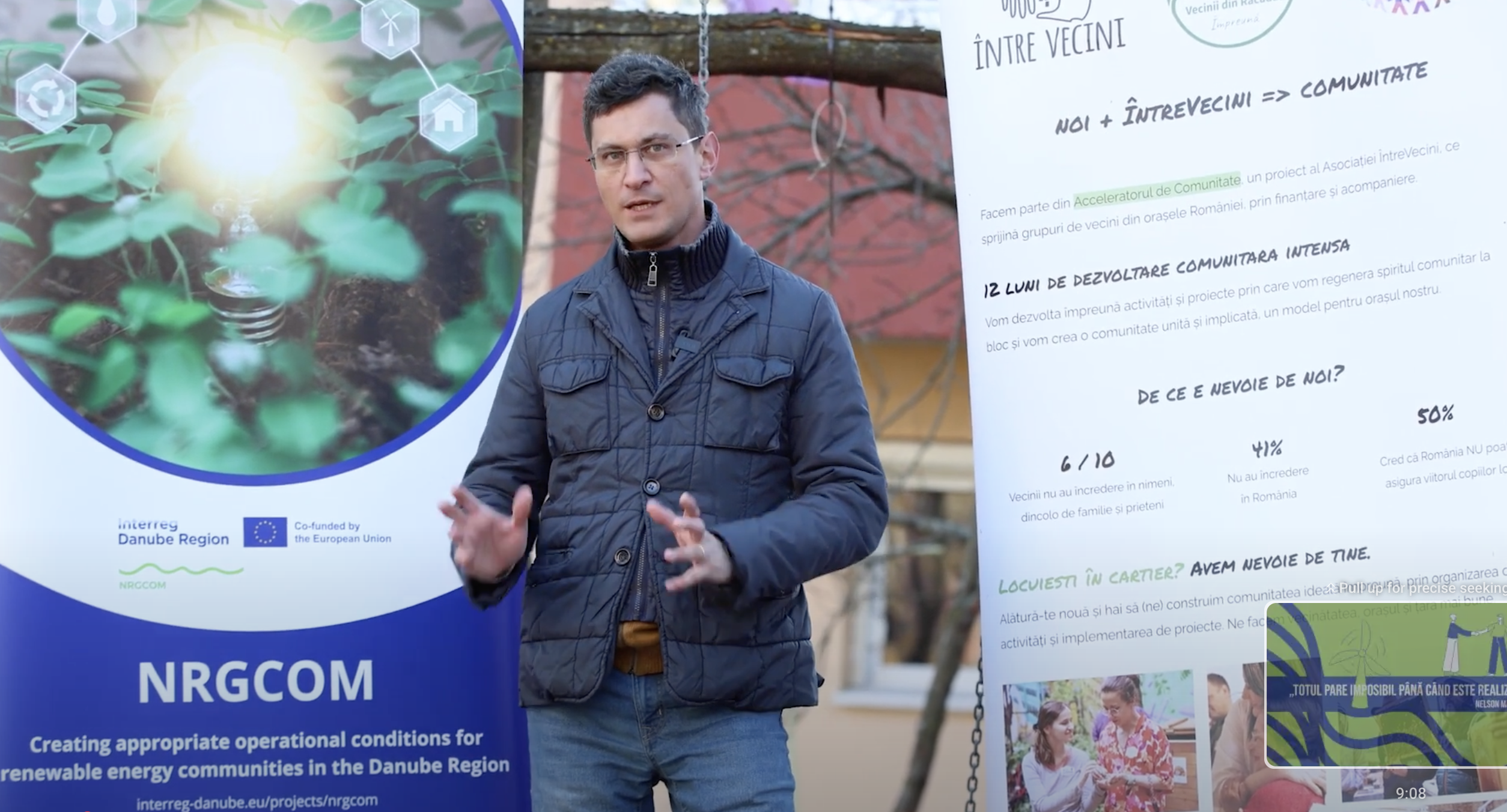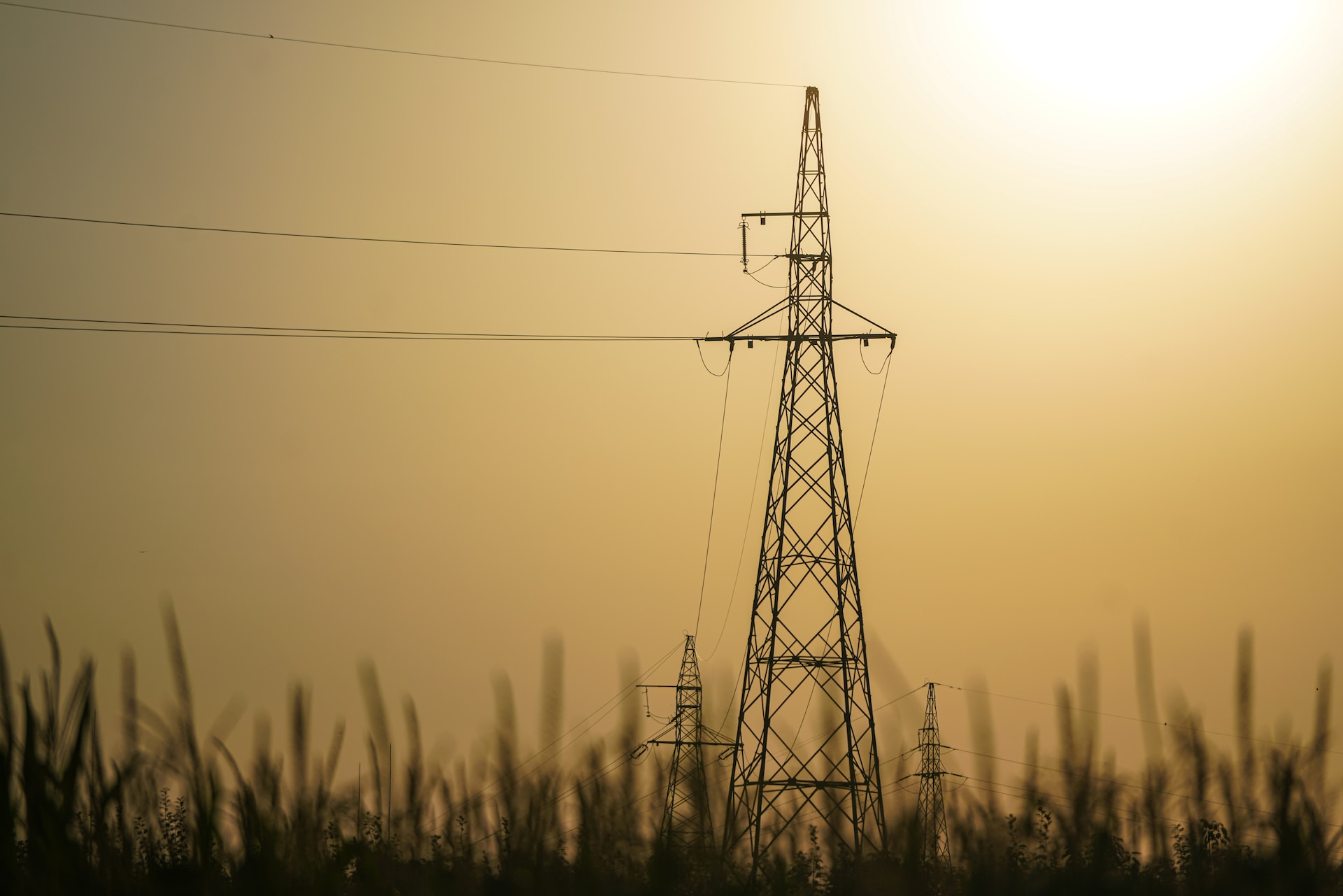
Czech Republic: The impact of tariff reform deferral on modern community energy
The recent decision by the Energy Regulatory Office (ERO) to delay tariff reform for two years and the lack of support for new resources in the pricing decision has significant implications for modern and community energy. This decision affects both strategic community energy development plans and investments in renewable energy, which are key to achieving energy self-sufficiency and sustainable development at the local level.
Postponement of tariff reform
Tariff reform, which was supposed to bring about a fairer and more transparent distribution of costs between consumers and energy producers, has been delayed for two years. This postponement is causing uncertainty in the planning of community energy investments, where many projects rely on clear and stable regulatory conditions. For example, the reforms were intended to introduce new mechanisms that better reflect the real costs of energy distribution, which is crucial for small and medium-sized energy producers, including those within energy communities.
Lack of support for new sources
There is a lack of support for new energy sources in the current pricing decision, which can significantly slow the development of renewables within the community energy sector. The modern energy sector, which is increasingly focused on decentralisation and the integration of local resources, needs incentives to allow new projects to develop effectively. Without this support, it may be more difficult to finance new projects, which may lead to stagnation in the development of new renewable energy sources.
Impacts on community energy
Community energy relies on the active involvement of local residents, communities and businesses in energy production and consumption. Delays in tariff reform and a lack of support for new sources may hamper community energy initiatives, which are key to achieving a sustainable energy model. Communities investing in renewable energy sources such as solar panels, wind farms or biogas plants may face higher costs and uncertainty about the return on their investments.
The future of community energy
Despite these obstacles, community energy remains a promising model for the future of energy, promoting local self-sufficiency, reducing emissions and ensuring a stable energy supply. However, for further development it is essential that the regulatory framework supports new energy sources and allows for tariff conditions that are fair and transparent for all market participants.
It is essential that the ERO and other regulatory authorities take into account the needs of modern community energy and allow the emergence and growth of these projects, which can make a significant contribution to the transformation of the energy sector in the Czech Republic towards sustainability and independence from central sources.
NRGCOM Project and Policy Recommendations
The Czech Republic’s case is being closely assessed and monitored through the NRGCOM project, an initiative that builds on a multilevel approach, bringing together 13 Project Partners and 14 Associated Strategic Partners from 12 countries, including local, regional, and national authorities, energy and sectoral agencies, NGOs, research institutions, and a renewable energy service provider. Within this project, the legal frameworks of individual countries are being reviewed, operation systems and governance techniques of existing Renewable Energy Communities are being analyzed, and best practices are being collected. “Our aim is to develop policy recommendations to remove the bottlenecks encountered and to jointly design a model and prepare a strategy for establishing favorable conditions for RECs in the Danube Region,” says Michaela Novotná, director of JAIP and the Czech partner of NRGCOM.
News & Events
Read the most recent updates and explore the upcoming events.

